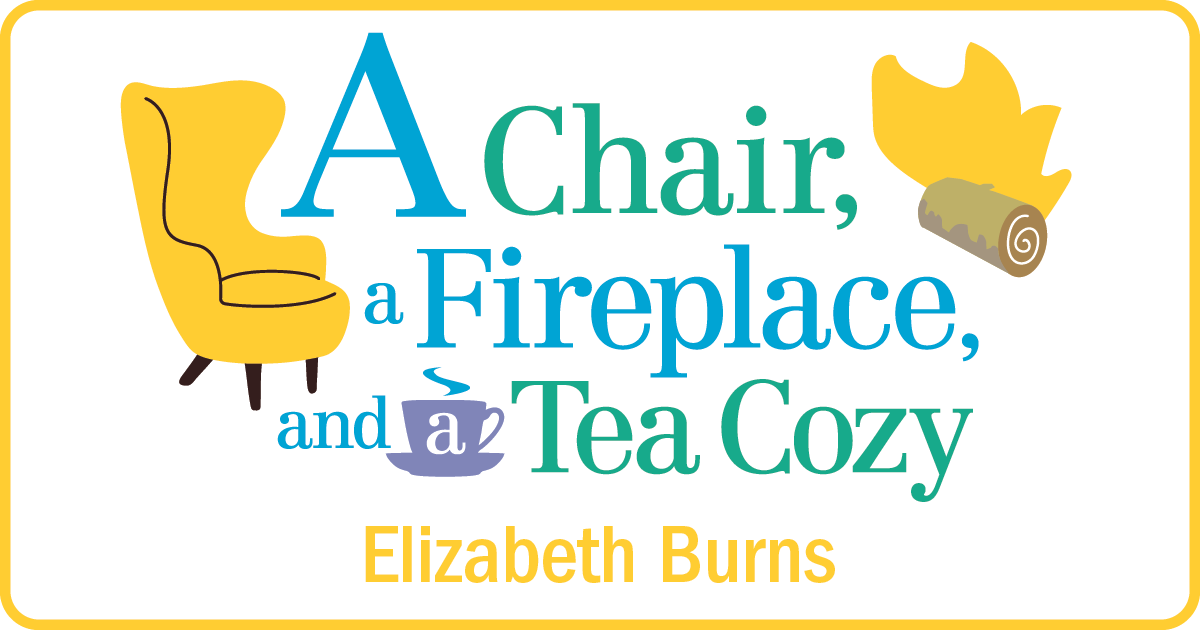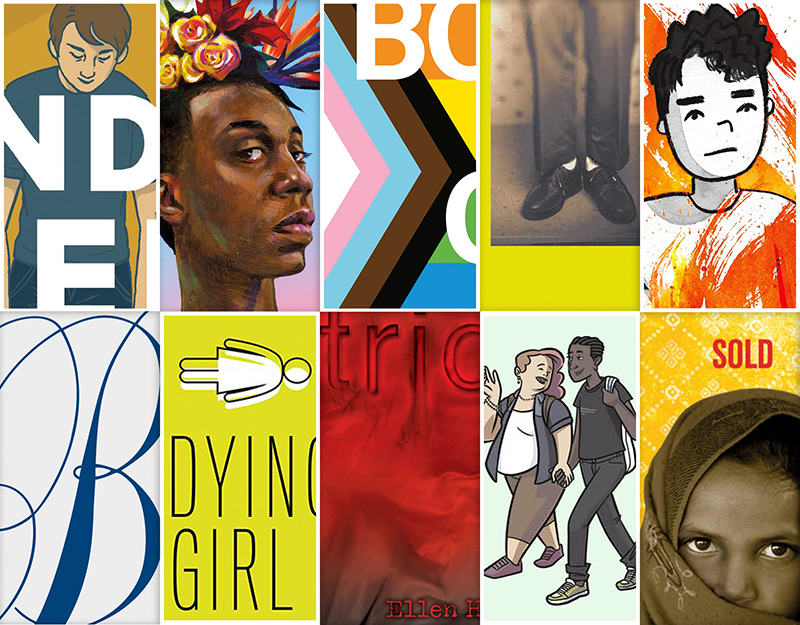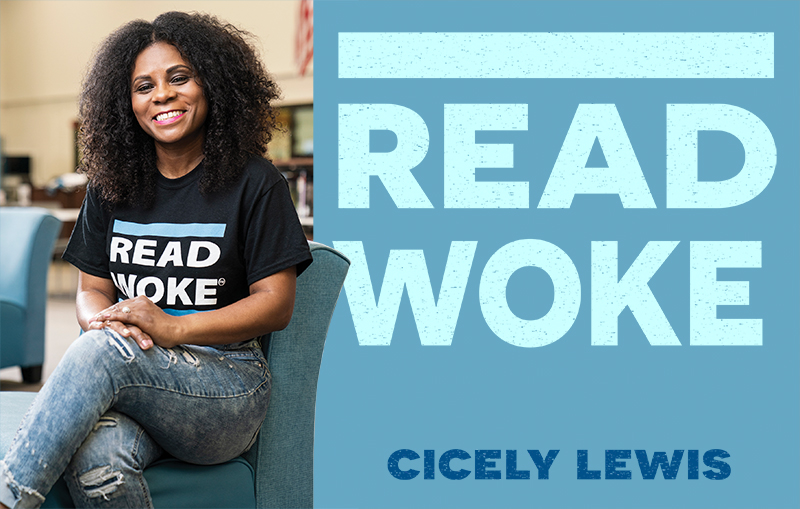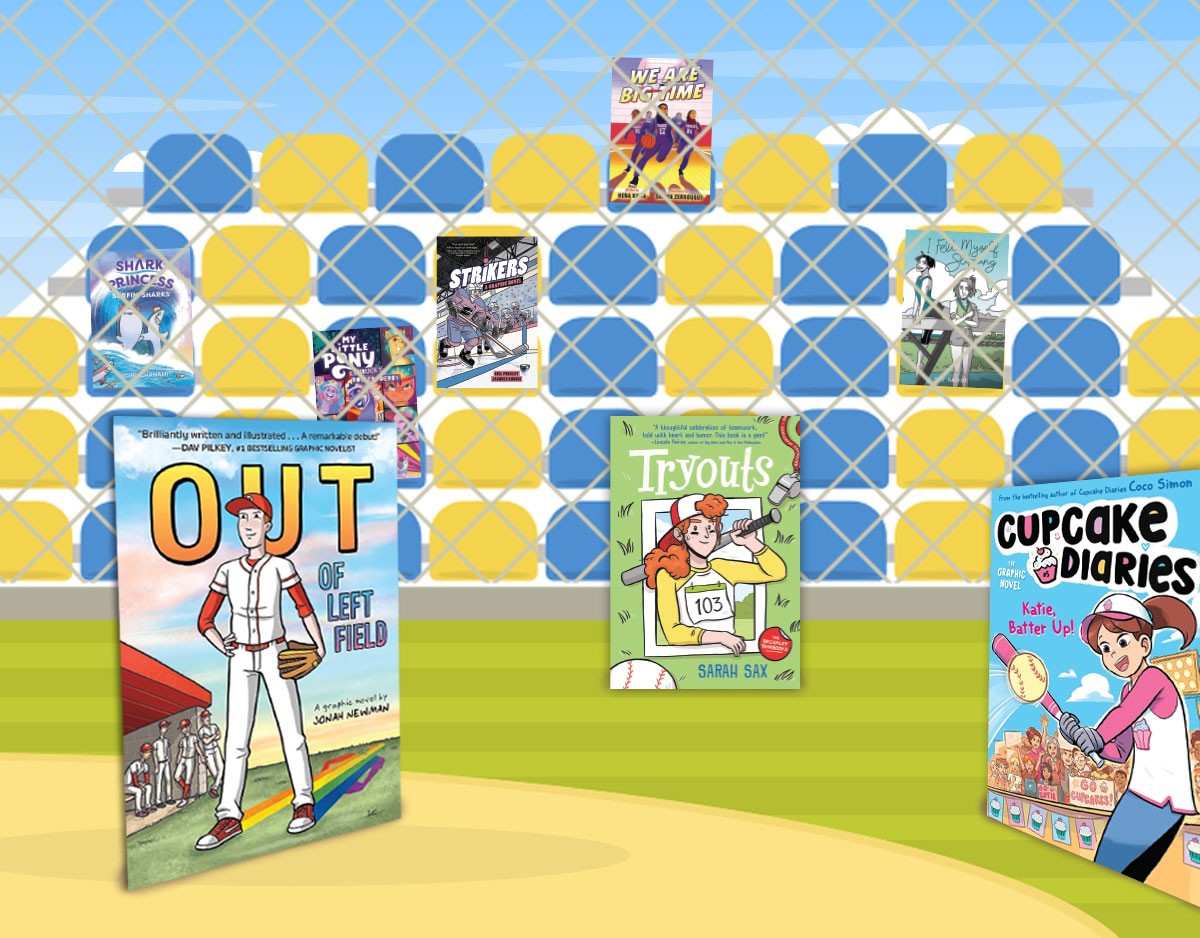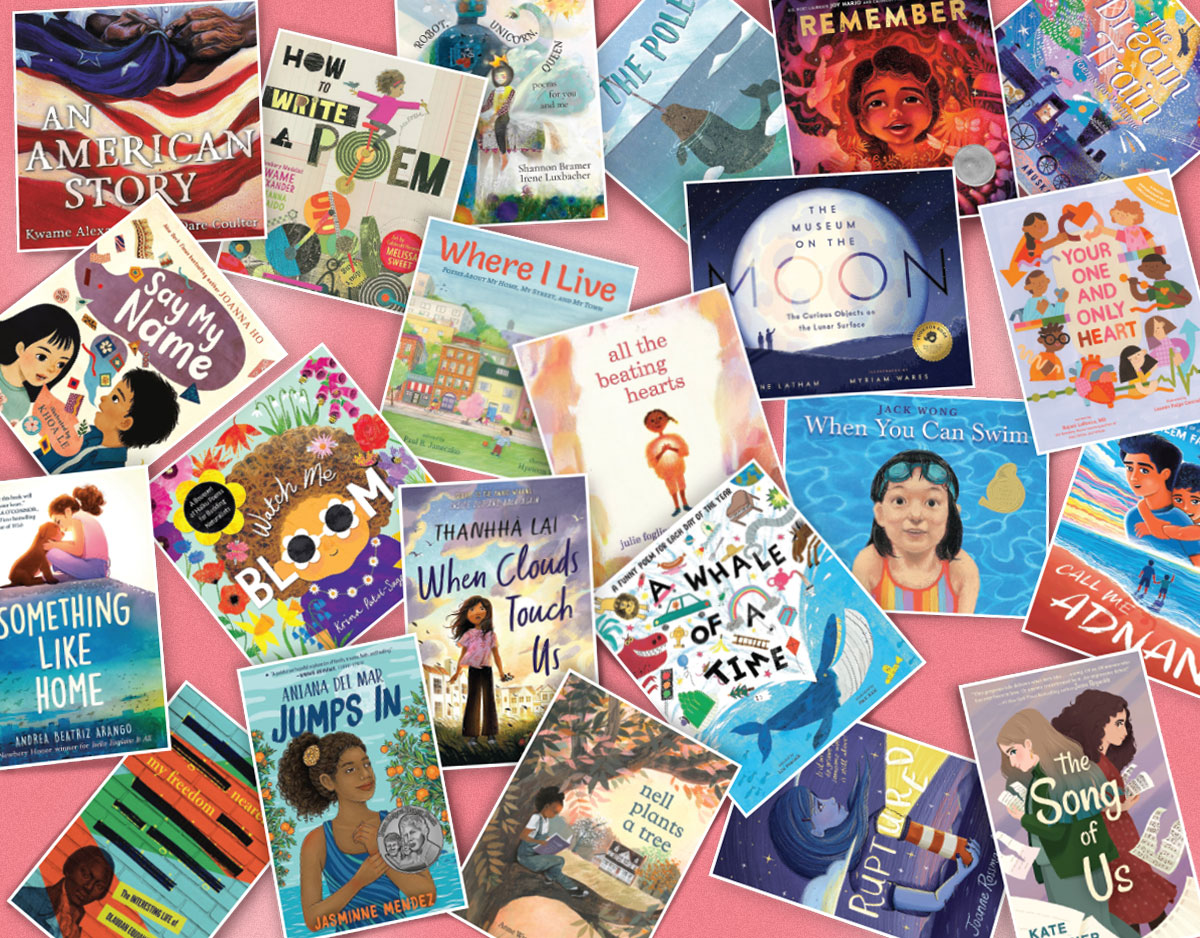SCROLL DOWN TO READ THE POST
When Adults Read Books For Teens
I am not a teenager.
Not for quite some time.
But, for multiple reasons, I read a lot of teen books. I read them because I review them, here at Tea Cozy; I read them because as a librarian who works with teens, I need to know about the books they want and need; I read them because they are good books.
I’m not the only non-teenager who reads teen books. Other people who read them, like me, have many reasons for reading them.
I read the reviews and comments by non-teen readers, and there is one particular type of reader reaction I’d like to explore in a bit more detail.
It’s how adult readers respond to the adults in teen books. I’m not going to link to any particular review or response, because this isn’t about one person or reader or book.
ADVERTISEMENT
ADVERTISEMENT
In a nutshell, the type of response I mean is when the reader complains that the parents are too absent; the parents are too uninvolved; the parents are too mean, or too controlling, or too clueless. The teens do everything and the adults are useless and why are the adults that way? It’s not realistic!
Listen, I get it. I read the teen books and I do the math and realize that I’m the age (or older) of the parents in the books.
As is often said, books can work as both mirrors and windows. An adult reading a teen book is reading a book for a teen audience. Read it with your teen self in mind; read it with teens you know in mind; read it just because it’s a good book.
But to read it looking for a mirror of yourself at your present age — that’s not fair to the book. And it’s not fair to the teen readers the book is intended for.
There are many reasons why adults and parents in teen books are portrayed the way the are. Because some parents are like that, and it’s some people’s reality. Because sometimes even if it’s not a teen’s actual reality, it’s an emotional reality. Because a teen perspective and an adult perspective on the same thing may be very different, and books for teens are about their perspective.
Because it’s a book written for teens, so of course the central players are going to be teens, and there will be various and sundry reasons as to why the adults aren’t taking care of all the problems. Some will be realistic; others may seem a stretch, in that really, there is no one else who can stop that war?
Because the point of a teen book isn’t to get teens to appreciate adults, or to see how you should ask adults to solve your problems. It’s not for teens to learn a message about how adults see the world.
Books for teens are, well, for teens.
And there is nothing wrong with adults reading books for teens. But there is something wrong with reading books for teens and expecting the adults to behave the way that you, the adult reader, either behaves or believe you behave.
Filed under: Reviews
About Elizabeth Burns
Looking for a place to talk about young adult books? Pull up a chair, have a cup of tea, and let's chat. I am a New Jersey librarian. My opinions do not reflect those of my employer, SLJ, YALSA, or anyone else. On Twitter I'm @LizB; my email is lizzy.burns@gmail.com.
ADVERTISEMENT
SLJ Blog Network
One Star Review, Guess Who? (#202)
This Q&A is Going Exactly As Planned: A Talk with Tao Nyeu About Her Latest Book
Exclusive: Giant Magical Otters Invade New Hex Vet Graphic Novel | News
Take Five: LGBTQIA+ Middle Grade Novels
The Classroom Bookshelf is Moving
ADVERTISEMENT
ADVERTISEMENT

